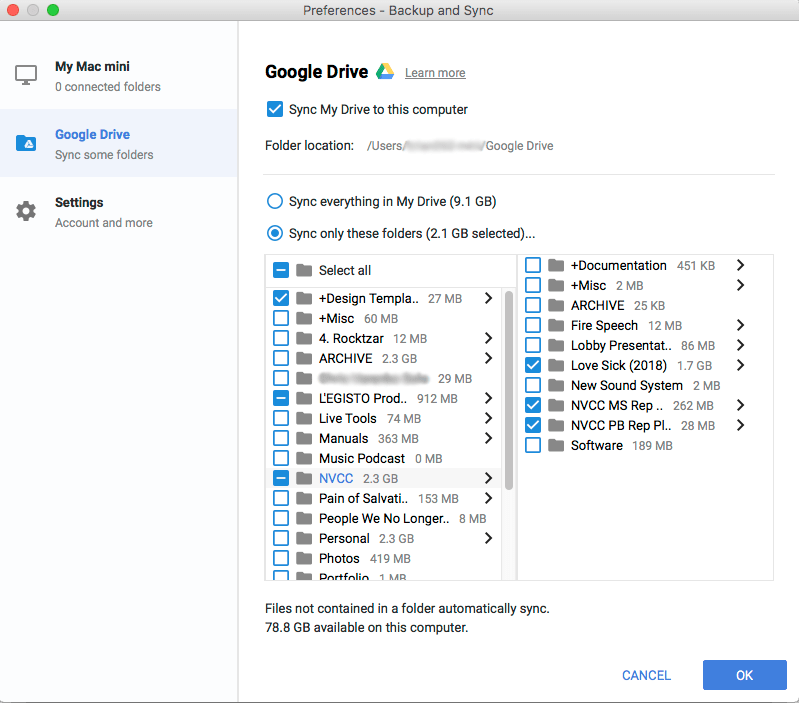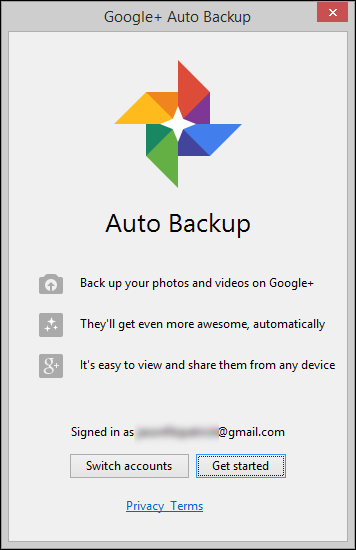
The fair use defense afforded to Google for a very abstract interpretation of interoperability is sort of the last bastion we're left at the moment.īut as someone who's a big fan of your work, I'd implore you to not trust myself or your knowledge on this and hit up a lawyer. That's why I brought up how de minimis defenses were also struck down the next direction people go is saying 'well, it's just one line to import the library, surely that's not enough'. Abstract concepts like API design still can't be have copyright protections directly per se it's a concept as a proxy of the copyright over the "declaring code" of import and export definitions.

To be copyrightable, you still need to have verbatim components that are copied (or 'mechanically' meaning algorithmically transformed from verbatim components). Fair use is complete indistinguishable from piracy from a flagging files by content perspective. Much has been written on the subject, but this is where copyright falls over in a digital age. Would you like your cloud provider to delete any file, including your wedding photo backups, because it with matches a hash in a database? This is the same as the above situation, but personalised. You hire a wedding photographer, and they supply you with photos that you do not own the right to distribute because they retain copyright.

#GOOGLE DRIVE BACKUP AND SYNC WHITELIST PDF#
You cannot determine if the intent of uploading the PDF was to facilitate pirating, or because you have a pirates copy, or because you have the rights to it. You have legal rights the person use of this file, but you upload it to your cloud storage and it gets flagged. You can not determine whether content is infringing on copy write because of content alone. Honestly, the situation is far worse and nuanced than that.


 0 kommentar(er)
0 kommentar(er)
